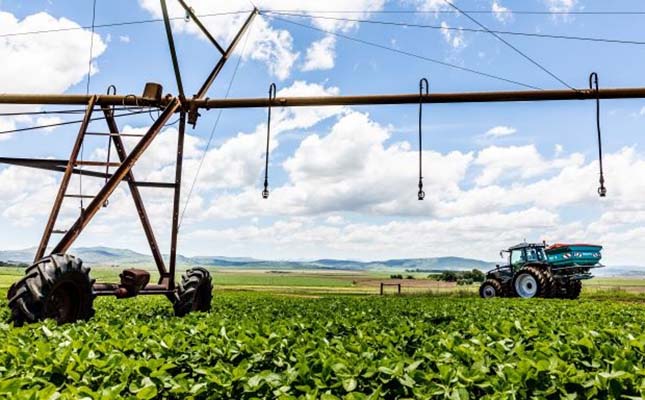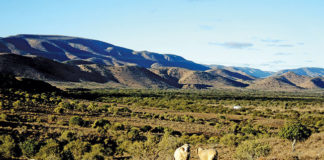
Photo: FW Archive
The recent Constitutional Court decision on the transferability and trading of water rights will create uncertainty and erode investor confidence in the agricultural sector, stakeholders have said.
The Constitutional Court granted the Department of Water and Sanitation’s (DWS) leave to appeal against a decision by the Supreme Court of Appeal (SCA) on the transferability and trading of water rights.
Janse Rabie, Agri SA’s head of natural resources, said the Constitutional Court had granted the appeal in the second week of April and scheduled the hearing for 25 August this year.
“We don’t know how long it will take before a ruling will be made, but hope it will be before the end of the year, and that the Constitutional Court upholds the ruling of the [SCA] that water rights may be transferred in terms of the law.”
He said the ability to lawfully transfer water-use entitlement in accordance with the National Water Act was vital, particularly for the irrigation agriculture sector, with the department’s attempt to take it away bordering on the expropriation of property.
“The truth is that water rights cannot be separated from property rights, because of its value in unlocking the full potential of land and financing,” he said.
Rabie added that in terms of the National Water Act, government had always been part of the water users right transfer process, as sales or transfers had to be signed off and approved by the DWS, while temporary transfers had to be approved by the various water management institutions.
Bennie van Zyl, general manager of TLU SA, told Farmer’s Weekly he believed the DWS had more urgent matters to attend to, such as infrastructure maintenance and improvements to reduce wastage and increase South Africa’s water security, as well as the deteriorating quality of water.
“The quality of water has deteriorated so much in some areas that it can no longer be used for agricultural production, never mind human consumption.”
According to the DWS’s recently released Blue Drop Progress Report 2022, which assessed drinking water quality, 48% of supply systems in South Africa were in the low-risk category, 18% in the medium-risk category, 11% in the high-risk category, while 23% were in the critical-risk category.
Van Zyl stressed that “interfering with the commercial use of water” could backfire, as it would negatively affect job creation on farms, as well as food security and rural development.
According to earlier reports, the case resulted from a circular issued by the DWS in January 2018 in which the department sought to remove the right of water-use entitlement holders to transfer the entitlements.
The case was brought to the SCA after the Pretoria High Court dismissed applications for a declaratory order on the legality of the circular.
The SCA ruled in November 2021 that water rights holders were entitled to transfer such rights in accordance with the provisions of the National Water Act (NWA) and that trading in such rights was neither prohibited nor unlawful.
The DWS declined Farmer’s Weekly’s request for comment.











